Department of Neurosurgery Xuanwu Hospital August 20, 2024, 19:00 Beijing
Our department has launched the “tidal ward” model to improve resource utilization efficiency
On August 16, 2024, The Department of Neurosurgery in our hospital has created and officially launched the “tidal ward” model, which aims to further optimize resource allocation, maximize efficiency, reduce patient waiting times, improve the quality of healthcare services, and better serve patients and society.
In May of this year, the Department of Neurosurgery launched weekend surgery days, but due to a shortage of beds, it faces the challenge of resource constraints. With limited resources, we need to use our brains and take the initiative to change in order to maximize efficiency. In order to achieve high-quality development of the hospital and improve the efficiency of ward turnover, the hospital decided to create a tidal ward model and took the lead in piloting it in the Neurosurgical Cerebral Blood Flow Reconstruction Center.
Under this model, the use of the original day wards will be dynamically adjusted according to actual demand: the middle of the week will be mainly used for the original day ward and day surgery, while on weekends it will be converted into the neurosurgical ischemia ward to cope with the increase in weekend surgical volume.
The implementation of the tidal ward model not only improves the utilization rate of beds, but also provides patients with a more efficient and comfortable treatment environment. By maximizing and rationalizing the use of existing resources, the hospital can better meet the needs of different time periods, optimize the allocation of medical resources, and ensure high-quality services for patients during treatment, better serving patients and society.
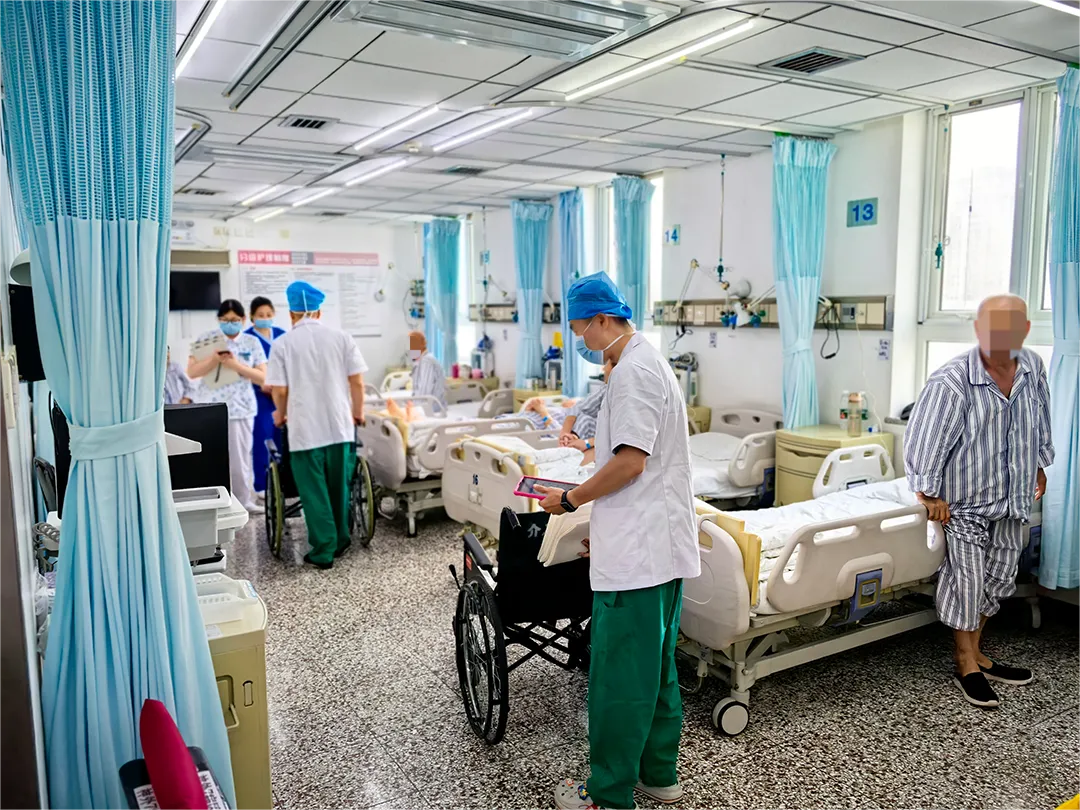
Tidal ward
We would like to express our special thanks to all the functional departments and related departments involved in this project, including the neurosurgery, interventional radiology, nursing team, technicians, operating room, anesthesiology, radiology, and vascular ultrasound. The success of every reform depends on the close cooperation of every part of the process. The joint efforts of all departments have ensured the smooth implementation of the tidal ward model.
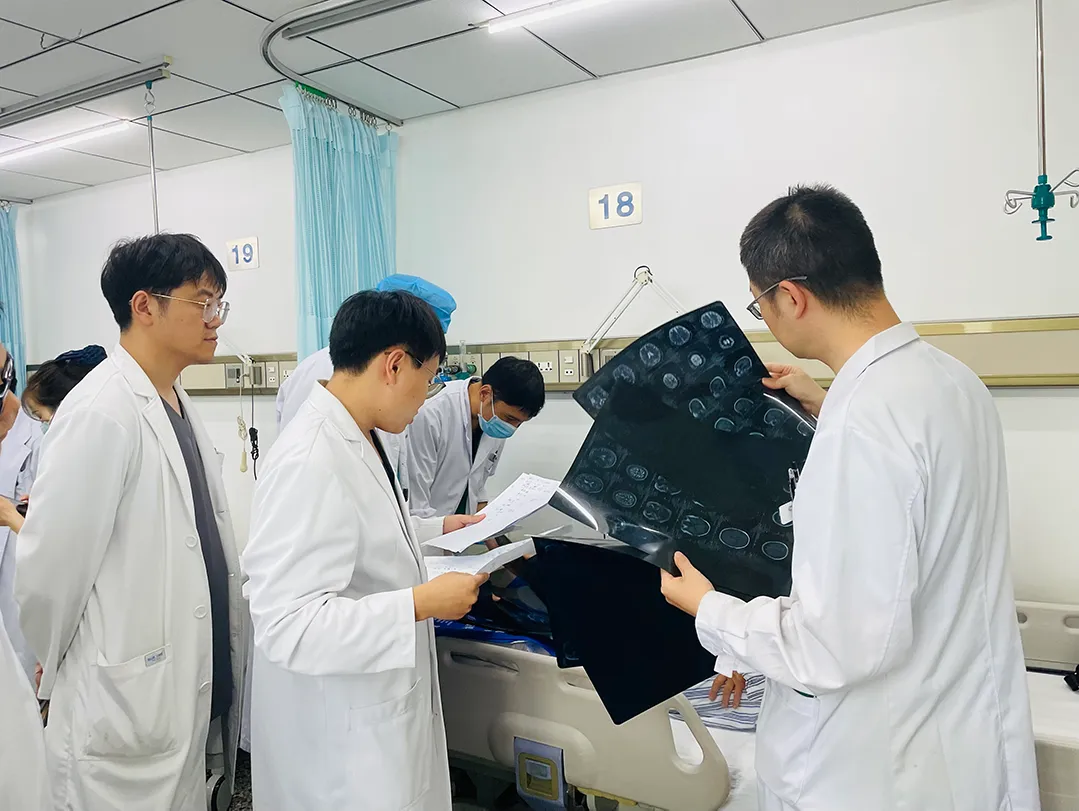
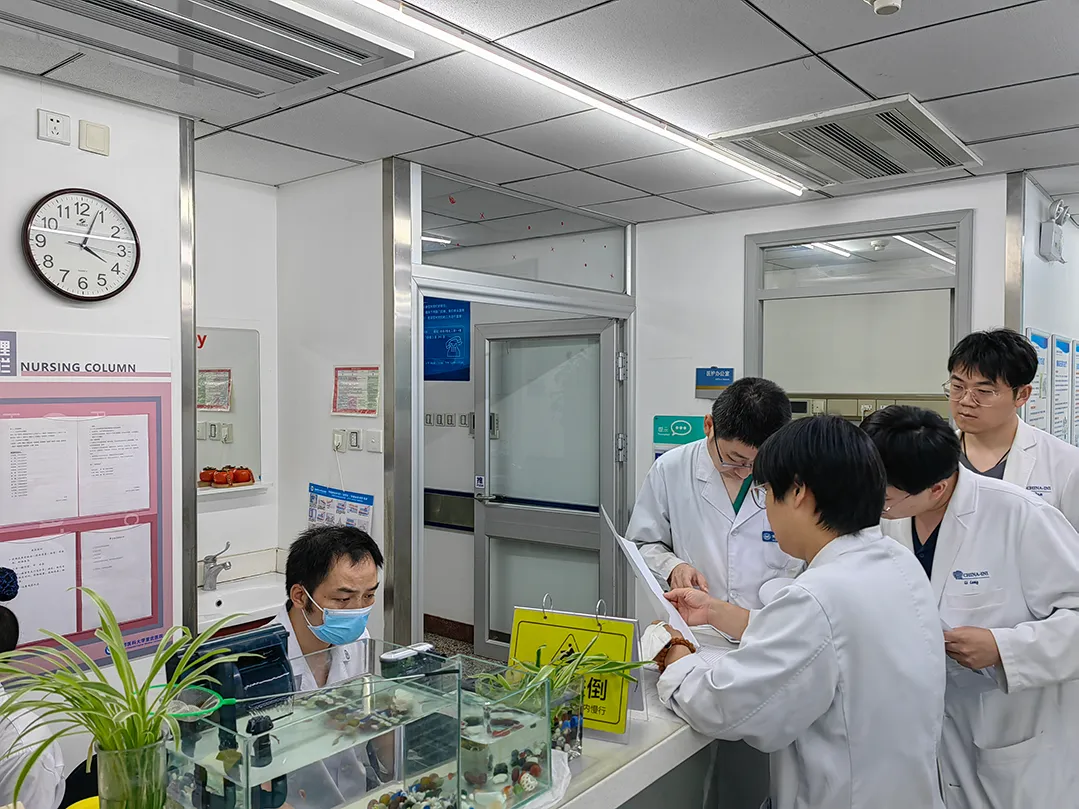
Attending neurosurgeons such as Ma Yan and Yang Bin lead young doctors to ward rounds in the tidal ward
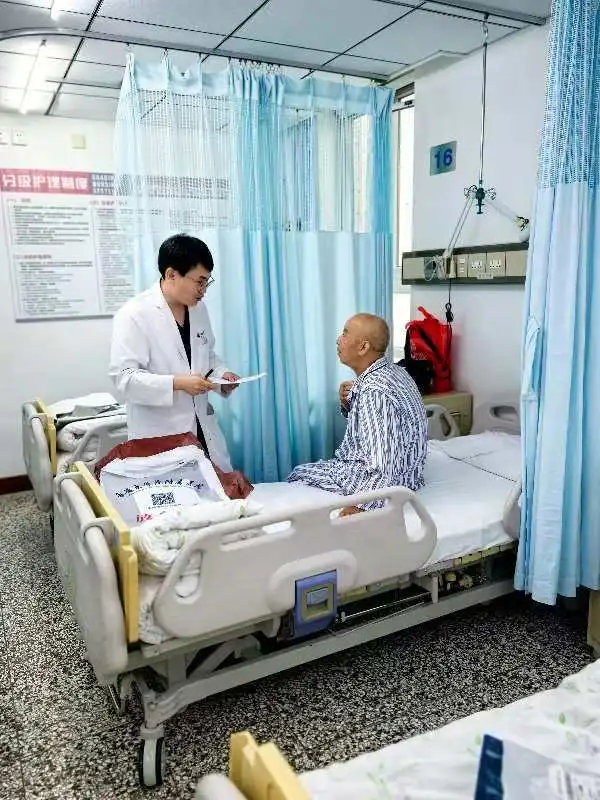

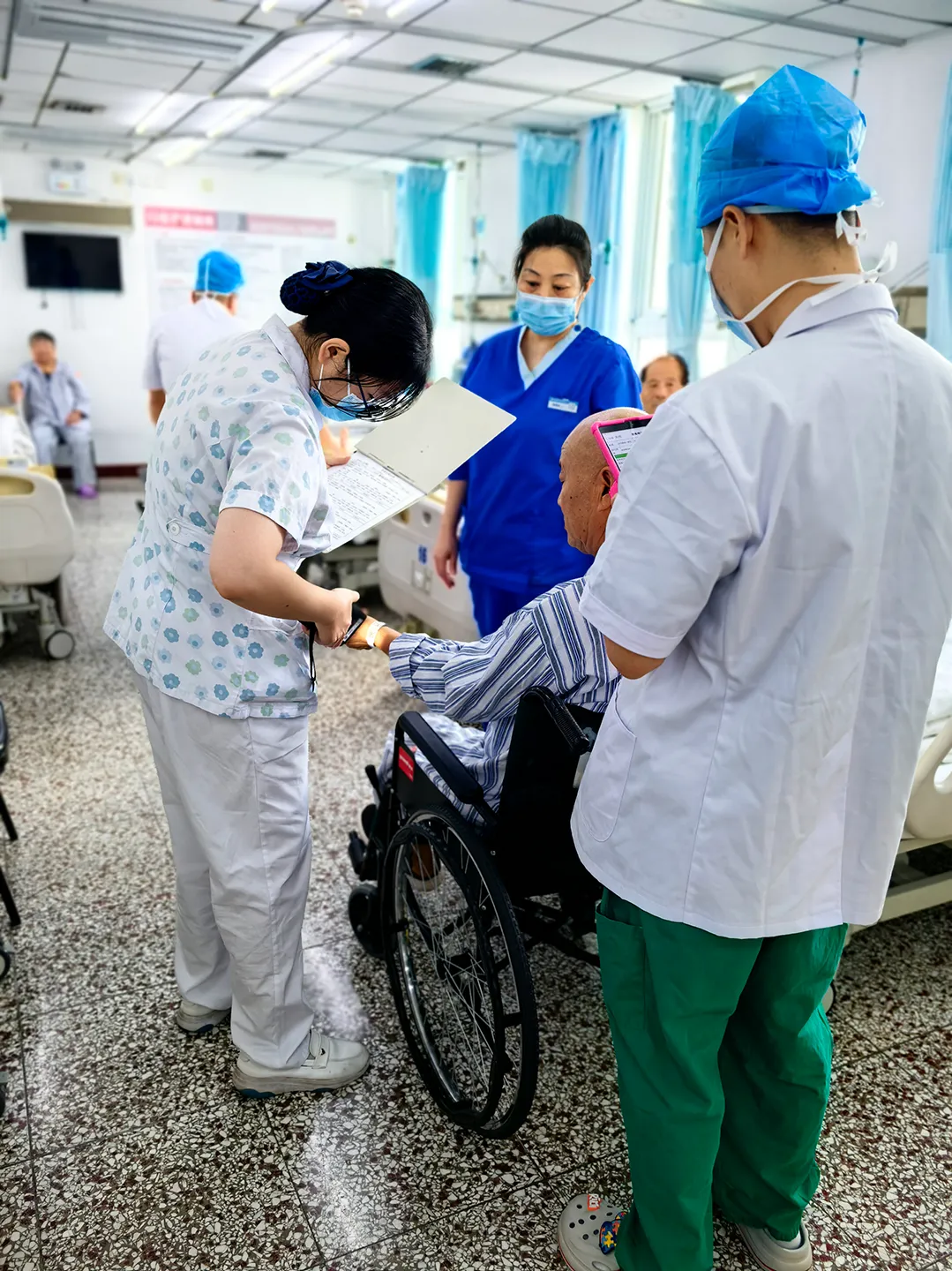
In addition, the establishment of the tidal ward is also thanks to the highly-equipped medical team. Under the leadership of experienced attending neurosurgeons, young doctors can receive more personalized professional training during their residency. In addition to scientific research, doctoral students are also required to participate in clinical skills training to further enhance the clinical literacy of young doctors in the Department of Neurosurgery at Xuanwu Hospital.
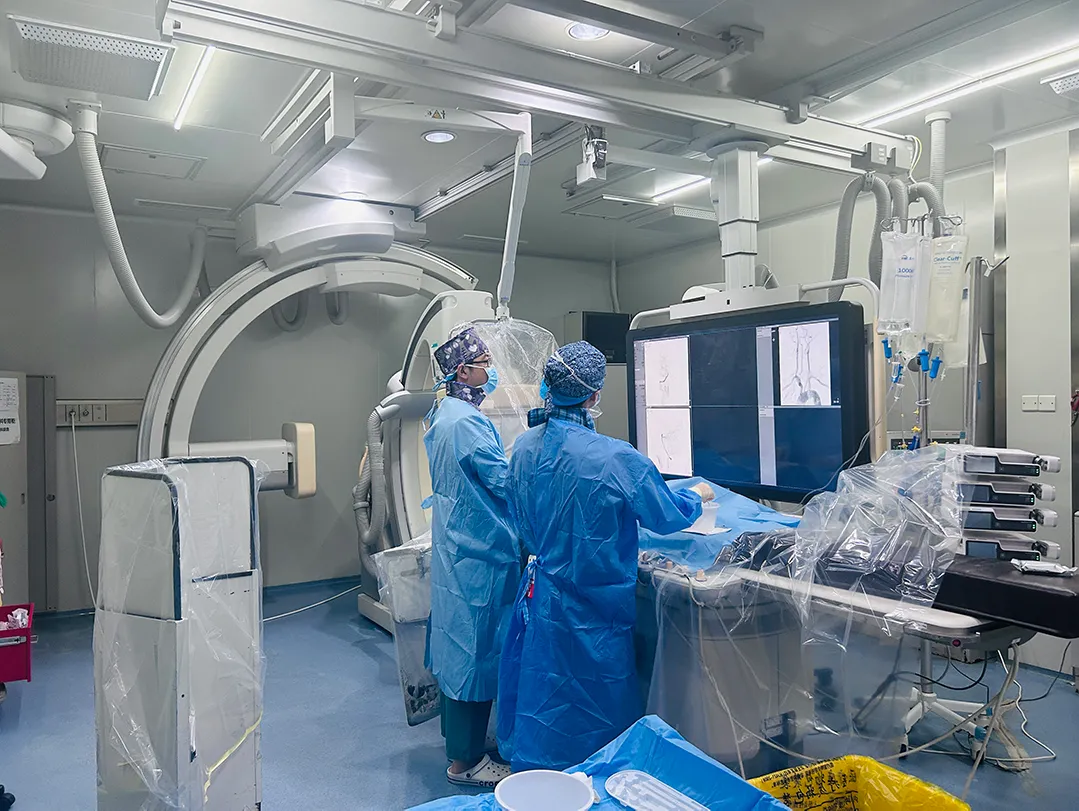
Yang Bin, Xu Ran, and other doctors perform interventional surgery on patients
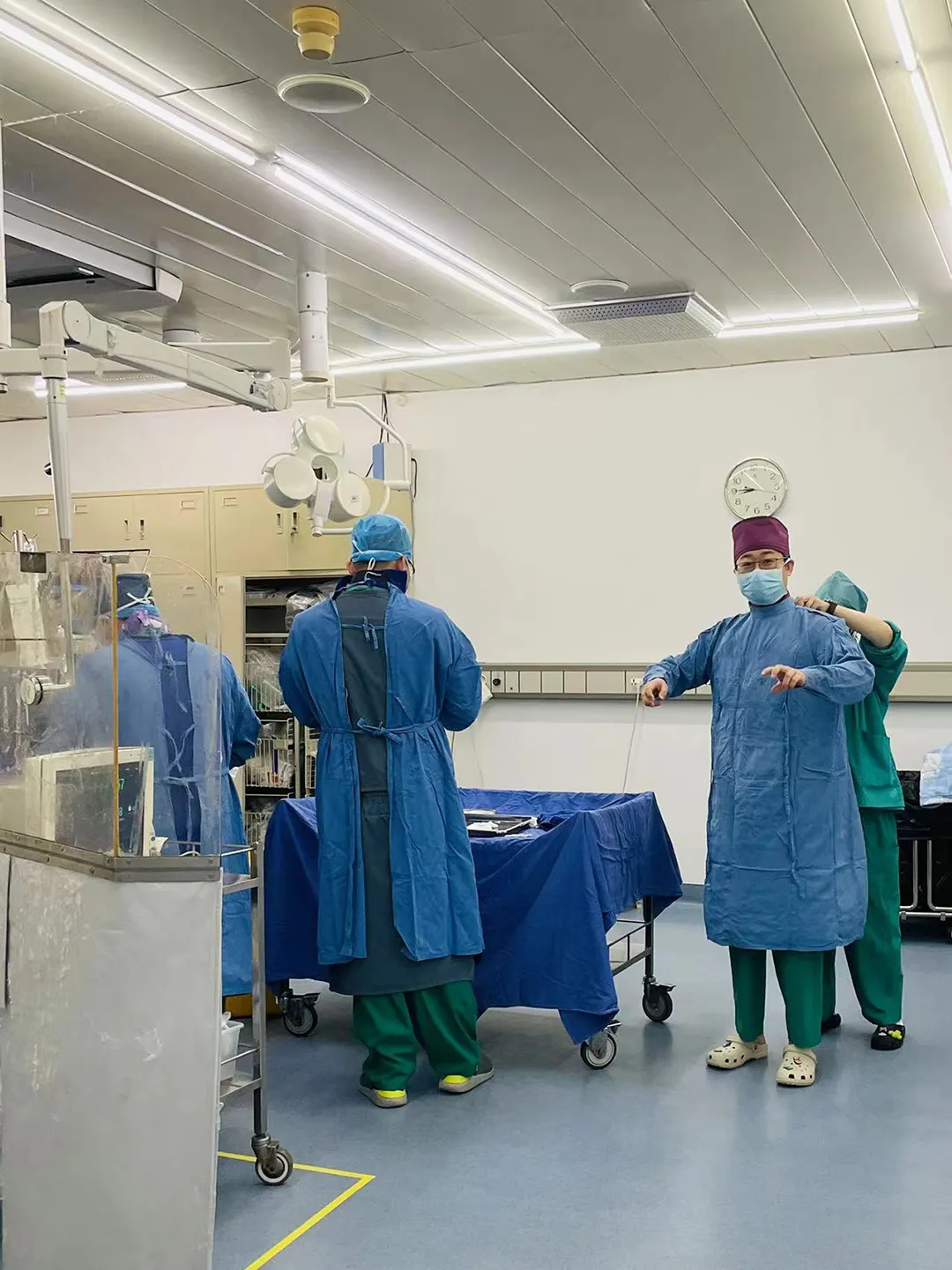
Providing high-quality medical services to more patients is the responsibility of Xuanwu Hospital and all medical staff. We believe that the implementation of the tidal ward model will bring a new improvement to the quality of healthcare services in the hospital, while also providing patients with a more efficient treatment environment, and making efforts and attempts to further improve the quality of life. The tidal ward model will be more suitable for minimally invasive surgery and diseases that can be turned around quickly, filling the gap between traditional inpatient and day wards and making up for their respective shortcomings. We look forward to the successful experience of this model being extended to the treatment of more similar diseases in the future, providing high-quality healthcare services to more patients.
Any use of this site constitutes your agreement to the Terms and Conditions and Privacy Policy linked below.
A single copy of these materials may be reprinted for noncommercial personal use only. "China-INI," "chinaini.org" are trademarks of China International Neuroscience Institute.
© 2008-2021 China International Neuroscience Institute (China-INI). All rights reserved.